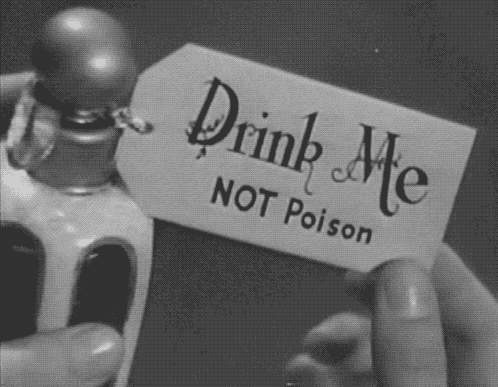
Dr. Karin Michels, a professor at the Department of Epidemiology at Harvard’s T.H. Chan School of Public Health, recently sent shock waves through the nutrition world with her proclamation that coconut oil is “pure poison.” She cites its high levels of saturated fat as why coconut oil is worse than even traditional lard.
So what’s the deal with coconut oil? Is it good or bad. Well, like most things in life, it’s complicated
Pros:
- Coconut oil has phytochemicals with antioxidant and anti-inflammatory properties.
- One study found it can increase “good cholesterol” (HDL).
Cons:
- The 2008 Columbia University study, which led to coconut’s “fat burner” status, is not about coconut oil in particular. That study finds that 100 percent medium-chain fatty acids can cause weight loss, but coconut oil only has 14 percent medium chain fatty acids.
- Coconut oil is high in saturated fat. There American Heart Association issued an advisory in 2017 warning about the strong link between saturated fats and heart disease.
Conclusion: Downing heaps of coconut oil certainly isn’t healthy, but consuming a moderate amount from time to time won’t kill you. More research is needed on coconut oil before we can make any bigger claims about its benefits or hazards.
Read more about coconut oil here and here.
If that dose of nutritional controversy wasn’t enough for you:
- Read the 3 most controversial dietary guideless released by the US Department of Health and Human Services, one of which suggests you needn’t limit cholesterol.
- The calories in, calories out mindset has ruled weight loss theory, but is it accurate?
- Fasted cardio has been touted as the way to burn calories, but should you really work out on an empty stomach?







